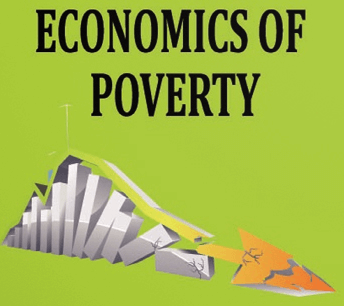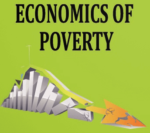Reduction of poverty is a tremendous and persistent challenge for the global community. Given that the livelihood of millions is at stake, there is an urgent need to reconsider the causes of and the remedies for poverty.
R.J.Bogers – Economic of Poverty, Enviroment & Natural-Resource Use
Description
Reduction of poverty is a tremendous and persistent challenge for the global community. Given that the livelihood of millions is at stake, there is an urgent need to reconsider the causes of and the remedies for poverty. Poverty and its reduction are closely linked to the natural-resources base. The quality and bounty of the local environment certainly affect living conditions of the poor and their poverty is often seen as a contributing factor to the degraded condition of the local environment. Teasing apart the direction of causality in this resource – poverty nexus is a serious empirical challenge.
Download immediately R.J.Bogers – Economic of Poverty, Enviroment & Natural-Resource Use
This book contributes to an improved understanding of the economic dimensions of environmental and natural-resource management and poverty alleviation. The ten chapters of the book offer an overview of the current knowledge concerning the relation between poverty, environment and natural-resource use. Three sides of the debate receive particular attention. First, the relation between resource use and poverty is discussed from a theoretical point of view. Second, it is questioned whether payments for environmental services or considering values ​​of resources can be an effective tool for stimulating both sustainable resource use and poverty alleviation. Third, alternative strategies to break the land degradation – poverty cycle are discussed.
Financial Development Course
Financial development means some improvements in producing information about possible investments and allocating capital, monitoring firms and exerting corporate governance, trading, diversification, and management of risk, mobilization and pooling of savings, easing the exchange of goods and services.








